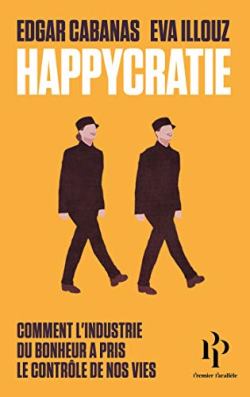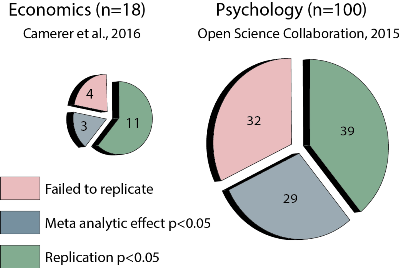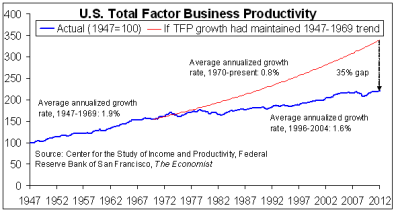“Being happy” is at the same time a wish and a mantra for most, and somewhat of an injunction in the current society. And the happiness, self-help domain has become a major industry with much presence in our lives. In the new book ‘Happycratie – How the Happiness Industry Has Taken Control Of Our Lives’ (in French) authors Eva Illouz and Edgar Cabanas denounce an industry with an excessive influence.
 I find the take of the book probably a bit excessive – comparing the happiness industry to some sort of totalitarian organisation, a way to create power – however it does provoke the question of the influence of this industry in our lives.
I find the take of the book probably a bit excessive – comparing the happiness industry to some sort of totalitarian organisation, a way to create power – however it does provoke the question of the influence of this industry in our lives.
It is quite clear that it is an industry – one needs only to browse through the relevant alleys in bookshops and consider the amounts of proposed activities around the general topic of happiness.
The point of the authors is that happiness has changed from a transgressive request in the 18th and 19th century to something that is now borne by the state and organisations. Everyone is claiming for happiness, and at some stage the social compact seems to change to the state providing happiness against social rest.
There certainly should not be any tyranny of happiness. Still, seeking happiness is certainly a quest that many of us follow because it does help us. Therefore, we need to take happiness as a personal goal while being careful to avoid any coercion associated with it.
Extracts in French are available in this ‘The Conversation’ post ‘Sois Heureux et Tais Toi‘.











